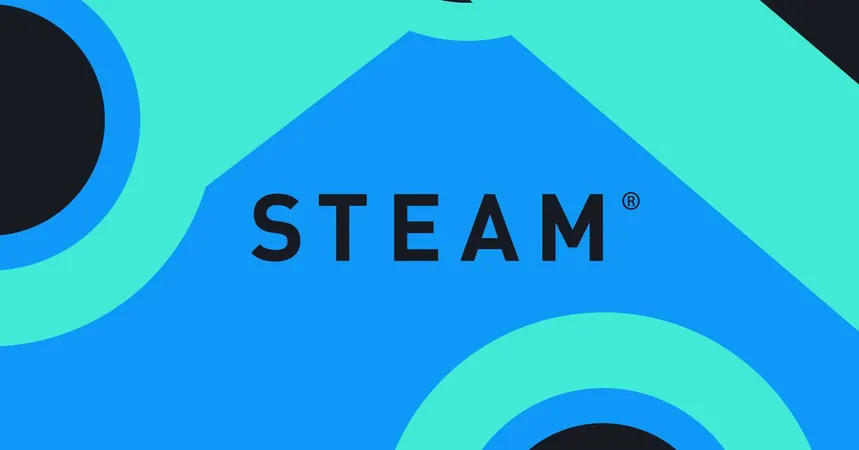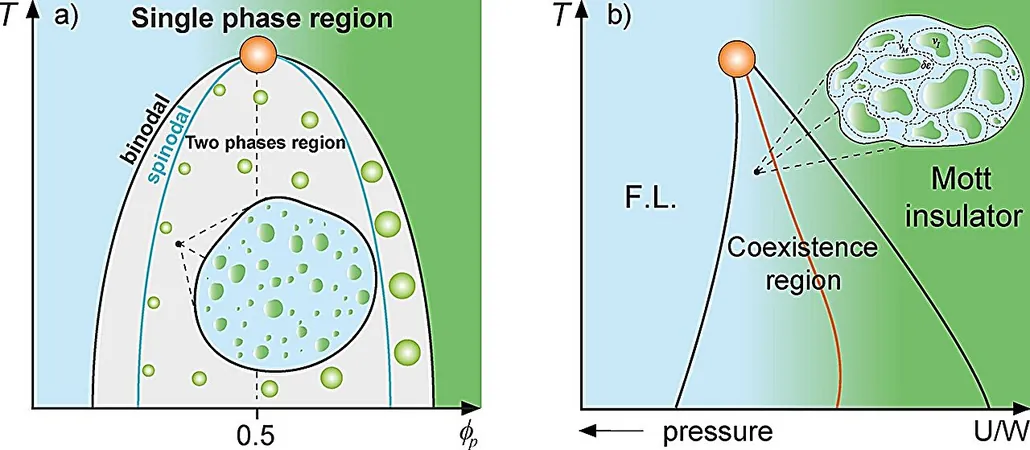
Steam's Bold Move: You're Not Buying Games, Just a License!
2024-10-11
Author: Jacob
Steam's Licensing Change
In a startling revelation for gamers everywhere, Valve Corporation has made it clear that purchasing a game through its popular Steam platform doesn’t equate to owning that game. Instead, buyers are now only acquiring a license for use. This change, prominently displayed during the payment checkout process, states that "a purchase of a digital product grants a license for the product on Steam," as reported by tech outlet Engadget.
User Reactions and Discussion
Many Steam users first spotted this new disclaimer earlier this week, sparking discussions on platforms like Reddit. While the message is currently visible in the Steam desktop application, it has yet to appear on the mobile version.
Legislation Behind the Change
Why this sudden transparency? The likely culprit appears to be upcoming legislation in California, set to take effect next year. This new law requires digital storefronts to explicitly indicate that consumers are only purchasing a license to digital content, aimed at protecting users from scenarios seen with other companies like Ubisoft and PlayStation, which have been known to revoke access to digital purchases, effectively rendering games unplayable.
Comparison with Other Digital Products
Interestingly, this legislation does not extend to games that come with an offline installer, such as those offered by Good Old Games, which allows users to play their purchases without being tethered to the internet.
Speculations and Industry Impact
Speculation suggests that Valve may have preemptively adopted this disclaimer to comply with the law ahead of time. The legislation stipulates that digital marketplaces cannot use terms like "buy" or "purchase" if they are only selling licenses; they are also required to link to the terms and conditions of the license—something Valve appears to have already covered.
Conclusion and Future Implications
This shift raises important questions about digital ownership in an increasingly virtual gaming landscape. As gamers navigate this new operating procedure, the impact on purchasing behavior remains to be seen. Will this lead to a greater demand for DRM-free games or a rise in frustration from consumers who feel their rights are being infringed upon? The gaming community is buzzing with speculation, making this a topic to watch closely as the industry evolves.









 Brasil (PT)
Brasil (PT)
 Canada (EN)
Canada (EN)
 Chile (ES)
Chile (ES)
 España (ES)
España (ES)
 France (FR)
France (FR)
 Hong Kong (EN)
Hong Kong (EN)
 Italia (IT)
Italia (IT)
 日本 (JA)
日本 (JA)
 Magyarország (HU)
Magyarország (HU)
 Norge (NO)
Norge (NO)
 Polska (PL)
Polska (PL)
 Schweiz (DE)
Schweiz (DE)
 Singapore (EN)
Singapore (EN)
 Sverige (SV)
Sverige (SV)
 Suomi (FI)
Suomi (FI)
 Türkiye (TR)
Türkiye (TR)